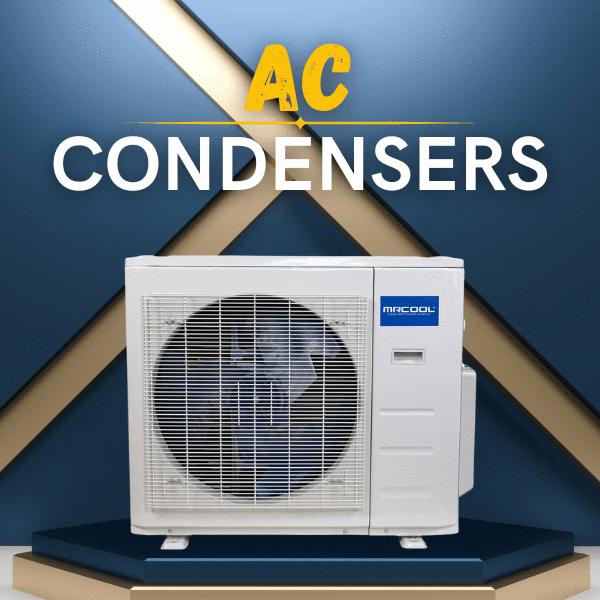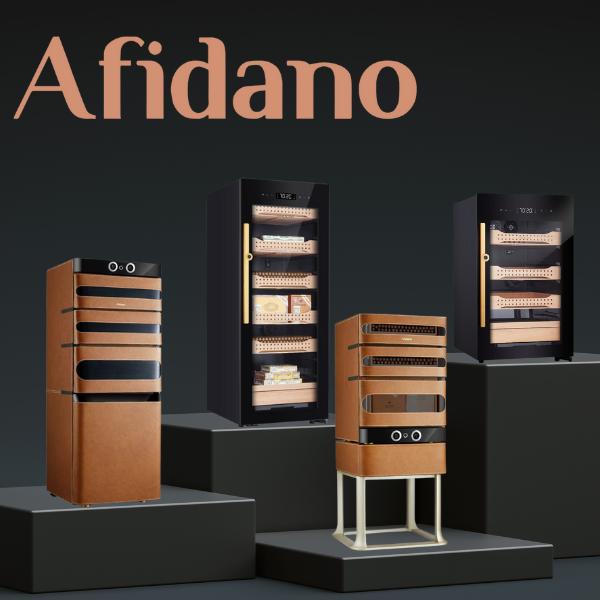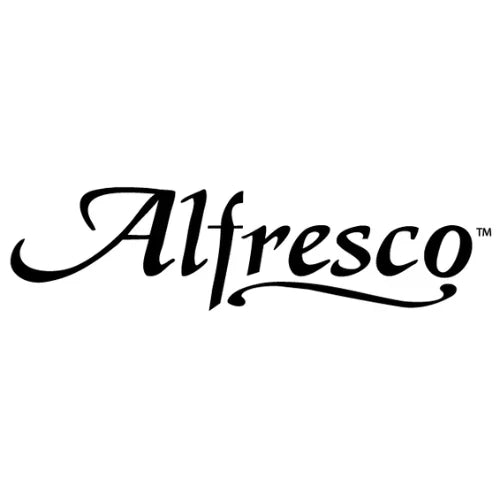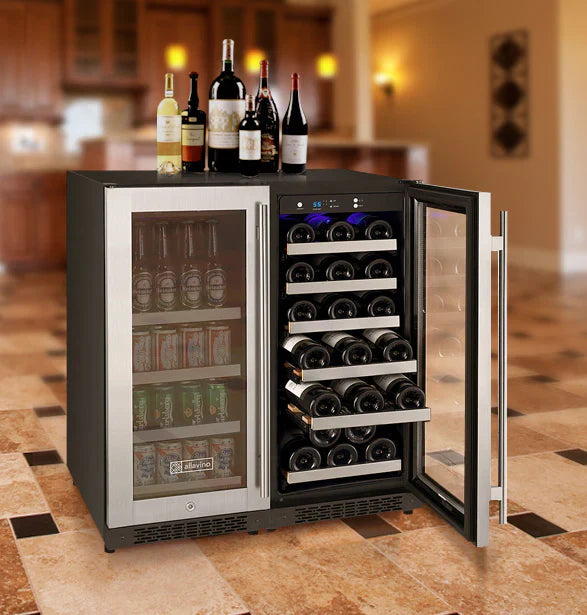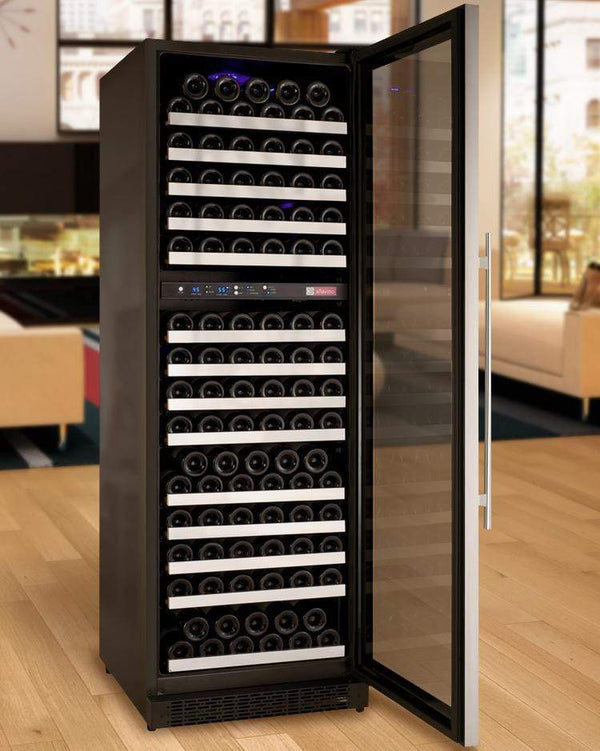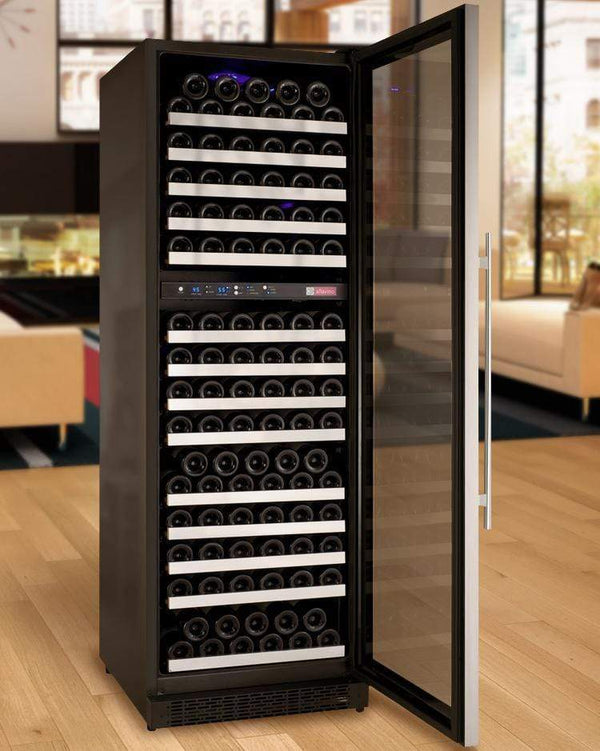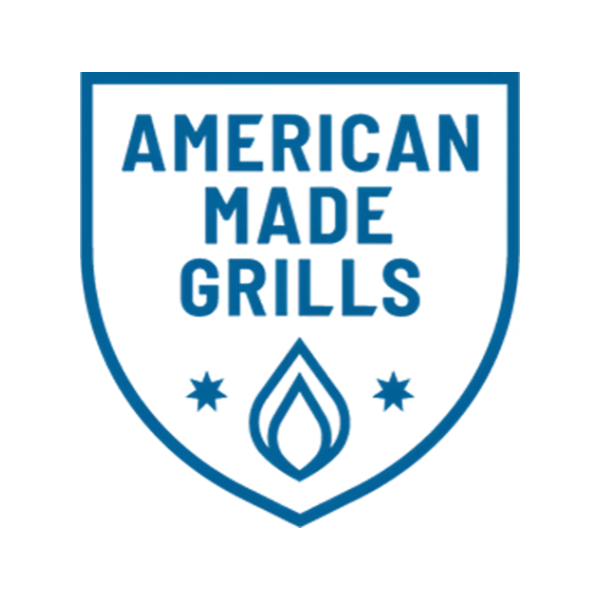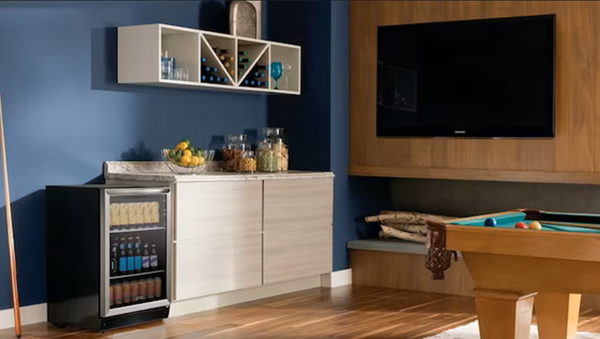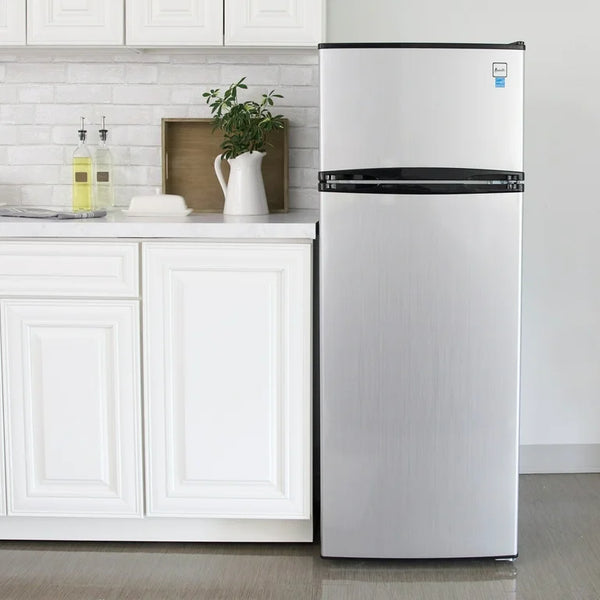Purpose of Storing Wine: How Proper Storage Preserves Quality
What is the purpose of storing wine?
By Jim Hopper, Wine Cooling Expert
Storing wine properly is essential to preserve its flavor, aroma, and overall quality. The main purpose of wine storage is to allow wine to mature gracefully, protect it from spoilage, and help it reach its full potential—whether you’re saving a special bottle for years or simply ensuring it tastes its best when opened.
If you're interested in creating the ideal environment for your wine, check out our comprehensive How to Build a Wine Cellar Guide for expert tips and step-by-step instructions.
For more in-depth guidance on cellaring and optimizing your wine’s environment, explore these helpful resources:
- DIY Wine Cellar Guide: Step-by-step instructions for building your own wine cellar.
- Basement Wine Cellar Guide: Tips for turning your basement into the perfect cellaring space.
- Best Wine Cellar Insulation: Learn why insulation is crucial for stable aging conditions.
- Wine Cellar Ventilation: Discover how proper ventilation protects your wine.
- Ideal Temperature for Storing Wine at Home: Find out the best temperature range for long-term cellaring.
- The Best Advice You Could Ever Get About Storing Wine: Essential tips for anyone serious about wine storage and aging.
Note: While all wine benefits from proper storage, “cellaring” refers to the practice of aging select wines over several years to unlock their full potential. Not every wine is meant for cellaring—some are best enjoyed young.
Whether you’re just starting your collection or looking to upgrade your storage, taking the right steps now will ensure every bottle reaches its full potential. For personalized help creating the perfect wine storage environment, visit our Wine Cellar Design support page.
The Science and Art of Storing and Aging Wine
Wine storing or wine aging has an essential factor in having a good quality of the wine. Its functions have explanations which are divided into two, science and art. There is a significant reaction or taste to the wine in science if it is matured enough, and it is more healthy and has a fruitful taste. It is the same with the scientific explanation, which explains that the more rotten the fruit, the more nutrients you could get from it.
Proper storage slows down the chemical reactions inside the bottle, preventing premature aging and oxidation. Exposure to heat, light, or fluctuating conditions can damage wine, leading to flat flavors or even spoilage. By controlling the environment, you ensure that each bottle evolves as the winemaker intended.
On the other hand, wine storing is also an art since its composition takes excellent tasting. If you have the gift of having the best balance in the wine design, you could be one of those best wine enthusiasts.
Besides, wine tasting is subject to a perfect taste is in the tongue of the beholder. Humans, as we are, we have different perceptions regarding wine storage. Others may think of aging wine as pointless, but if you are wise enough and look forward to drinking and desire to have health benefits, you will pursue learning how to store wine with proper guidelines.
Wine aging would take enough effort to have an aging wine ideally. Thus, do not rely on the manufacturer's way in composing the wine, yet if the wine reaches you. It is best if you considered the guideline for a perfect and proper storing of wine.
How Cellaring Transforms Wine Over Time
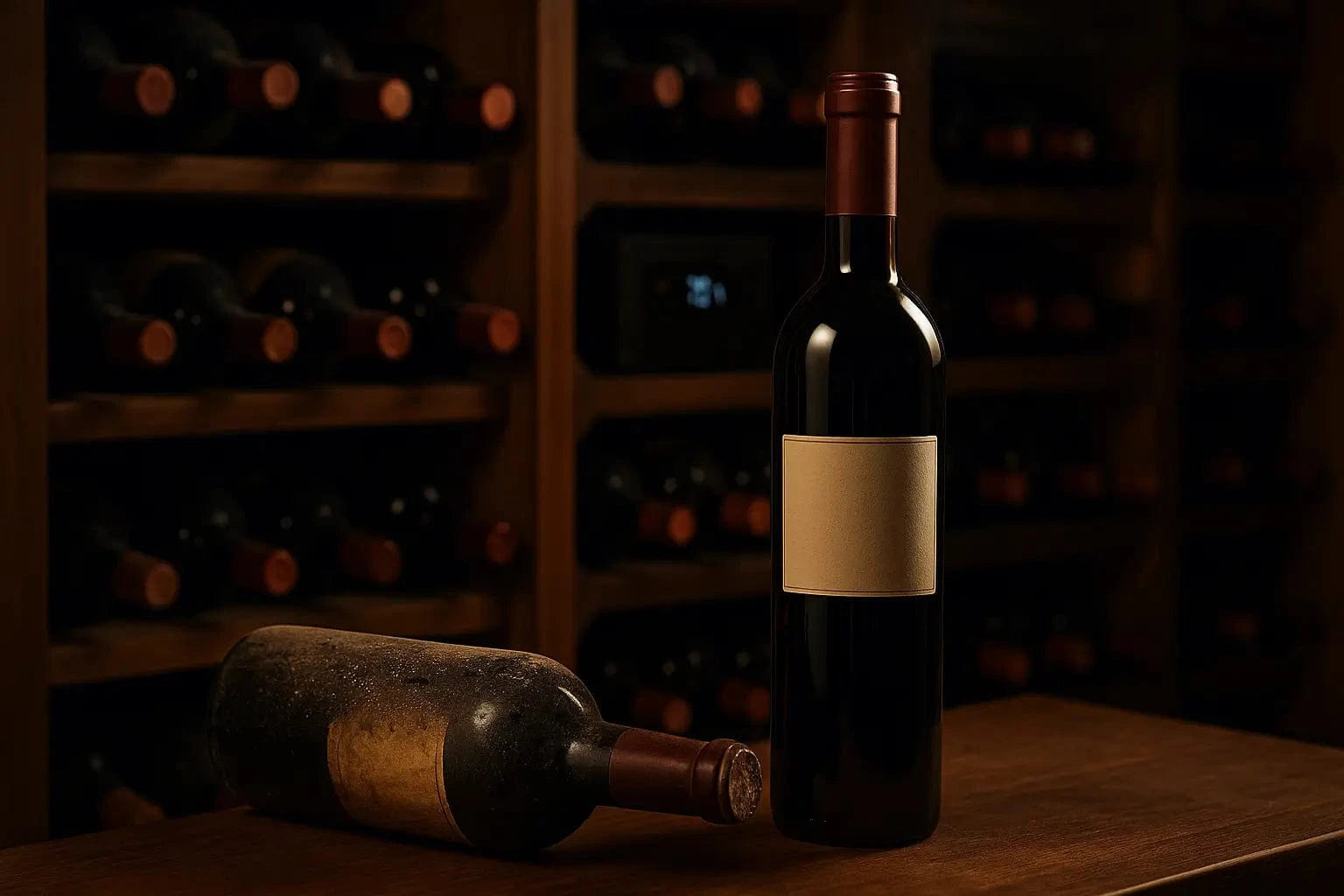
Cellaring wine isn’t just about preservation—it’s about transformation. Over months and years, properly cellared wines can develop deeper, more complex aromas and flavors. Tannins soften, acidity balances, and subtle notes emerge, creating a richer, more harmonious drinking experience. This evolution is what makes opening a well-aged bottle so rewarding.
If you’re considering building or upgrading your wine cellar to optimize the aging process, our Wine Cellar Design team can help you plan a space tailored to your collection’s needs. From layout to climate control, expert guidance ensures your wines are stored in ideal conditions for long-term development.
Which Wines Benefit Most from Cellaring?
Not all wines improve with age. Wines with higher tannins, acidity, and structure—like Cabernet Sauvignon, Barolo, or vintage Bordeaux—are ideal candidates for cellaring. Many white wines and most inexpensive bottles are crafted for early enjoyment and may not benefit from extended aging.
Thus far, there are six vital elements that you must consider in storing or aging a wine after it reaches you. These are the following for you to be guided accordingly:
Temperature

It is essential to consider the ideal temperature that your wine must experience. The perfect temperature in wine storage is a minimum of 11-degree Celsius and a maximum of 14-degree Celsius since the warmer the wine could engage.
The quicker it is to be mature, but not in a tasteful or good way, it will result in an unsolicited flavor in your wine. On the other hand, if it is stored in the below-average range, it will age slower. Therefore, you must follow the minimum and maximum temperature for a perfect aging outcome.
Temperature Stability
Consistency of the temperature must take place in wine storage. The average level of temperature fluctuation is between 2 to 3 degrees Celsius per year. Maintenance of constant temperature is vital if you desire to have a perfect taste of wine.
Humidity

It is the essential component in the wine storage requirement, which is also considered hard to attain. Humidity must be between 60 and 80 percent for maintenance in cork integrity, the reason why time deteriorates. Ensure that the air has a normal dry, which will affect a bad wine aging.
Ventilation
Wine must be in an environment where odor-free occurs since air could get into the wine through its cork, affecting wine storage. Strong odors from nearby foods or chemicals can seep through the cork and affect the wine’s aroma and taste. Always store wine away from pungent items like onions, garlic, or cleaning products. There is a particular odor that causes harm to your wine. So, do not let your storage wine be around with food that has an odor, like garlic, onion, etc.
Darkness
It is vital to know that storing wine should be in dark places, its goal keep-out of direct sunlight. Both sunlight and artificial light—especially those with UV rays—can break down the compounds in wine, causing it to lose its aroma and develop unpleasant flavors. This is why wine bottles are often tinted, and why a dark storage environment is key. That is why wine bottles are dark to have a low level of lighting. By that, darkness environment can add the desired flavors that all wine enthusiasts wanted to have in their wine.
Vibration and Stability

Wine should be stored in a place free from vibrations and movement. Constant shaking or movement can disturb the sediment in wine and disrupt the delicate aging process, potentially resulting in off-flavors or a less enjoyable drinking experience. Choose a storage spot that is stable and undisturbed.
Security
In storing a wine must be in a safe environment or place. As wine enthusiasts or collectors, consider your wine's safeness since it takes a lot of effort and money to store wine. Thus, you deserve to taste what you worked hard for.
The only thing necessary to maintain the wine's temperature in storing efficiently is the wine cellar's cooling units. The balance of temperature and humidity is vital in storing wine, yet wine cellars are the solution. Choose the ideal cellar environment with a wine cellar refrigeration system. One of the best examples of that is the WhisperKool SC self-contained PRO products.
It features good services, including condensate management, advanced blower fans, smart refrigerant metering, liquid-temperature-measuring-bottle probe, and many more. It works as self-contained wine cellars, resulting in splitting or deducting cooling systems designed for proper wine storage. Besides, its management system renders its drain line to achieve the safeties in storing wine, which is part of a successful wine storage element.
There’s a special joy in opening a bottle you’ve cellared for years—discovering how time has enhanced its character and complexity. Each bottle becomes a time capsule, offering a one-of-a-kind tasting experience shaped by patience and care.
Storing Wine: An Investment in Quality

Taking the time to store wine correctly is an investment in both its taste and value. Proper storage ensures your wine collection matures beautifully, giving you the best possible experience when you finally open each bottle.
Proper cellaring not only enhances enjoyment but can also increase a wine’s value and desirability among collectors, making it a rewarding investment for enthusiasts.
Ready to Protect and Enjoy Your Wine?
Whether you’re just starting your collection or looking to upgrade your storage, taking the right steps now will ensure every bottle reaches its full potential. If you need expert advice or want to explore the best wine storage solutions, our team is here to help.
For even more guidance on creating your ideal wine storage space, check out our Wine Cellar Design support page for professional assistance and inspiration.
Start building your ideal wine storage today—contact us or browse our curated selection of wine cellars and cooling systems. Cheers to better wine, every time!
📚 Frequently Asked Questions (FAQs)
Why is wine storage important?
What is the purpose of wine?
What is the best way to store wine?
How important is it to store wine on its side?
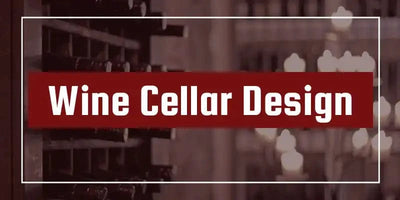
Designing or Upgrading a Wine Cellar?
We got you! Here at Wine Coolers Empire, we will guide you in building your dream wine cellar.

